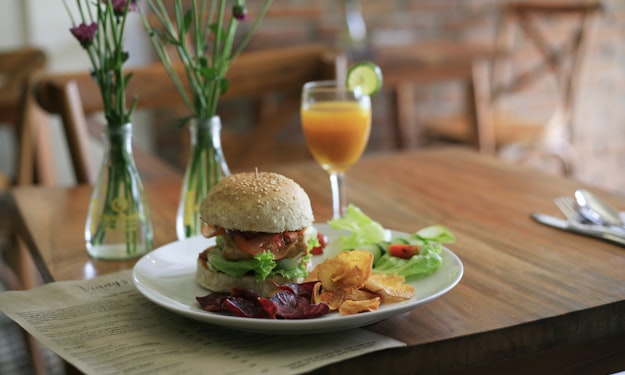
Gilles Berdugo
Bio
The name is Gilles, I'm just a friendly freak of nature, environmentalism, and travel. Always on the lookout for cool sustainable solutions and opportunities to help others go green. Reuse, reduce, recycle 😉.
Stories (4/0)
- Top Story - November 2020
I'll Raise You a Steak Tartar for Your Butternut BakeTop Story - November 2020
More and more people are going meatless, and it's not just a fleeting trend. However, different people make dietary changes in different ways and at a different pace. Some choose to gradually reduce certain foods while others prefer to make a 180 degree shift in their diet all at once. Some find a comfortable place in the middle, while others find it impossible to compromise.
By Gilles Berdugo3 years ago in Longevity
Walk Your Way to Better Health – For You and the Environment
For decades we’ve heard about a magic number: 10,000. Health experts have long said that if we take 10,000 steps every day we’ll be infinitely healthier and happier. So we’ve hauled out the pedometers, phone apps and smartwatches in our never-ending quest to look and feel better.
By Gilles Berdugo4 years ago in Longevity
9 Tips for Healthy and Easy Sustainable Eating
Yes, sustainable eating is a thing, and it’s good for you! Environmentalism is big news, especially with all the crazy stuff going on around the world. The Covid-19 pandemic is highlighting things like pollution levels and it is clear that we have to work on living more sustainably to try to save our planet. Humanity is becoming increasingly conscious of our personal environmental footprint and how the choices we make affect this. What we put on our plates is part of that.
By Gilles Berdugo4 years ago in Feast
Do You Have to be Vegan if You Care For the Environment?
The world we live in is undergoing major transformations on so many different levels. We are not only experiencing an environmental awakening, but also a social emergence. Part of this global phenomenon is that we are becoming more aware of how our actions impact the environment and this includes what we eat, particularly when it comes to meat and other animal products. In 2018, the United Nations declared that meat, rather than transportation and industry, is the "world’s most urgent problem."
By Gilles Berdugo4 years ago in Feast





